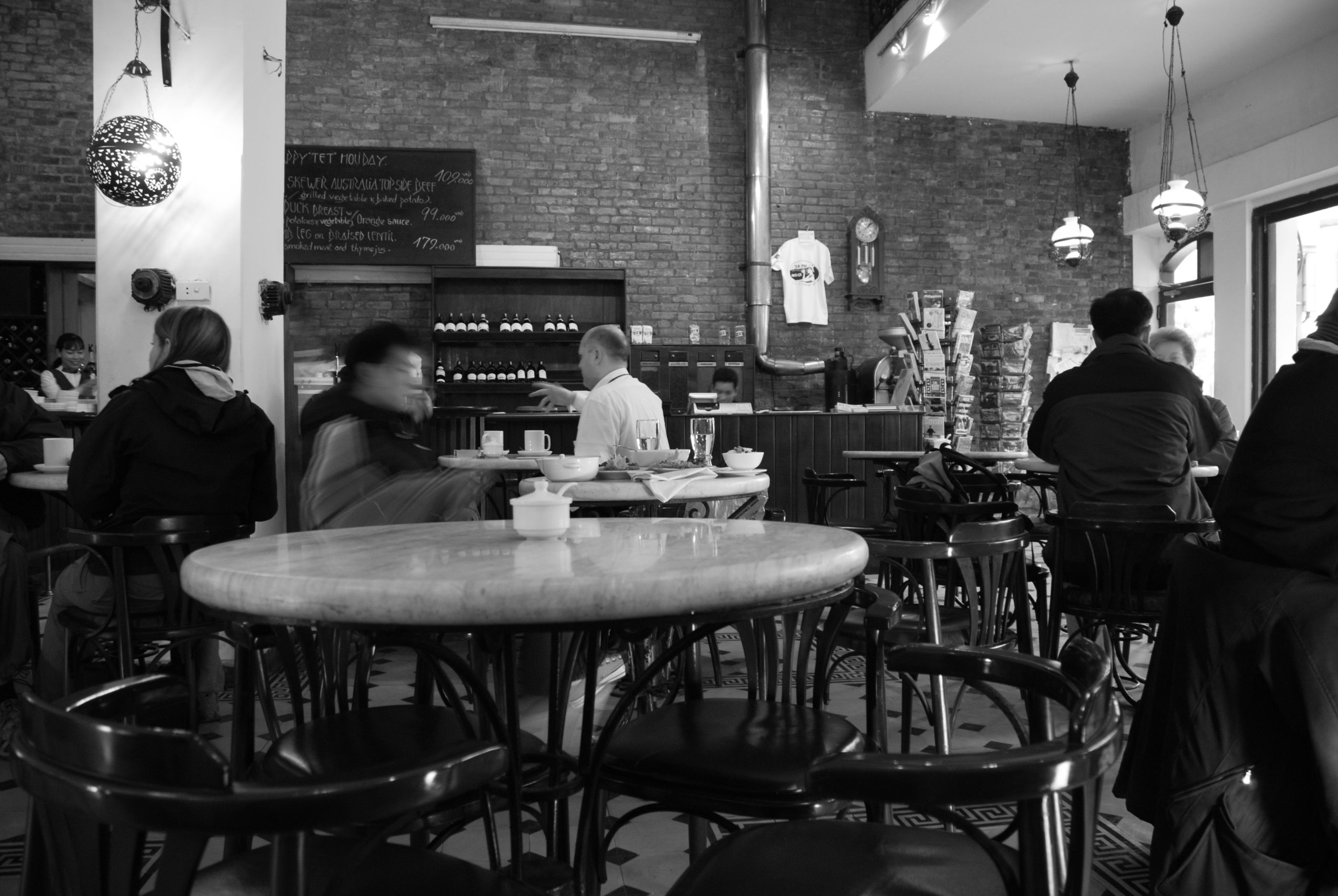It was one of those winter mornings where the warmth of the sun inspired people to get out of the house – yet the accompanying wind induced shivers that could only be helped by hot coffee.
The café, in Sydney’s inner west, had limited seating to ensure social distancing. However, it still swarmed with people wearing athleisure, some hovering like seagulls, waiting to swoop in for a seat, even if said seat was a milk crate and outside in the cold.
The excitement of dining in for a Sunday brunch created a sense of community, as people stood huddled and joked about needing an “avo smash” like their life depended on it.
Although new COVID-19 restrictions came into force today (24 July) in NSW, with group bookings limited to 10 people in cafés, restaurants and pubs, some locals are enjoying leisurely weekend activities, such as going out to eat, taking in a film or visiting the gym.
Others, though, are more cautious. For them, lockdown provided a security blanket, which has been pulled off – and the outside world can seem a scary place.
“I went out for the first time since lockdown to Camperdown Park,” says Paula Bottrell, 22, speaking in the café, after we finally secure a pair of milk crates.

“As soon as I got there, I wanted to leave. People were everywhere, and there was just no social distancing at all.”
Bottrell, whose eyes darted to the entry of the café whenever a new patron arrived, explained she had never been a nervous person.
However, after being made redundant from one of her jobs and spending most her time at home, going out in public now makes her feel “claustrophobic”.
“I feel like I’ve started retreating into myself,” she said. “I avoid seeing my roommates, and I just spend 90 per cent of my time with my boyfriend.
“I didn’t want to go back to work because they weren’t going to provide masks and gloves …
“At the end of the day, I care about my health more.”
Bottrell isn’t alone in feeling this way. A survey by Newgate Research found that while 52 per cent of respondents believe restrictions were lifted at the appropriate time, one in three are concerned things are moving too quickly.
Studies have found a substantial increase in stress, anxiety and depression in Australia during the COVID-19 period.
The journal JMIR Mental Health recorded that 79 per cent of 673 people were self-reporting problematic mental health, compared to 52 per cent before the pandemic started.

Experts say that as life continues to adapt to new freedoms, minimising stress and anxiety will be critical, and this process may look different for everybody.
Vanessa Tate, the staff counsellor at Royal Prince Alfred and Concord Hospitals, says: “We have gone from having to adapt to extremes, only allowed to go to essential services and thus be in isolation, and now we move cautiously back into the new normal world.
“When a person’s self-determination is taken away this is stressful. Extroverts struggled more with isolation, as they thrive on company and other people, whereas introverts may become used to being at home and struggle to meet others in the world again.”
Tate says anxiety is normal and can be managed. “Keep to a simple routine that you know works for you; keep eating, sleeping, exercising and social engagement regular.
“Talk to safe people about how you’re feeling, share your experiences. Seek professional support if necessary. You’re not alone.”
For Harry Jackson, 22, being able to step back from everyday life while in lockdown served as a release from his social anxiety.
“I’m a very introverted person, so I do enjoy my own company, in the nicest way possible and without sounding like too much of a jerk,” he joked.
Isolation had given him time to do tasks he didn’t previously have time for, he said, gesturing at the blooming plants and self-made art in his apartment.
“When I did go out, it felt stressful,” Jackson said. “These social etiquettes which we had before lockdown have changed because of it. It leaves people feeling uncomfortable and unsure.”
For him, “being alone with my thoughts and being inside the house isn’t necessarily something that bothers me. It’s easier than leaving the house.”
Bottrell says: “Of course, everyone is feeling nervous in some way. Even when we see a friend, we aren’t sure whether to hug or not.
“But I think it’s good to talk about it, so we don’t feel so lonely.”


